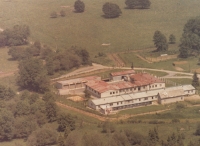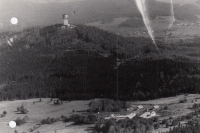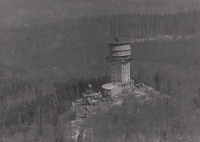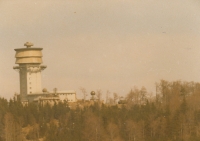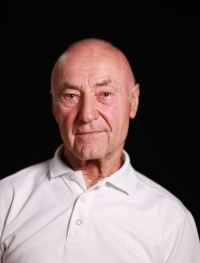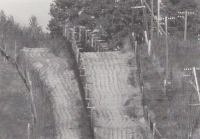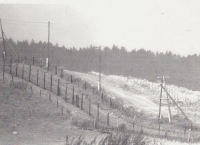A cowboy from the wild side of the Czechoslovak-Bavarian border, whose uniform didn’t get heavy
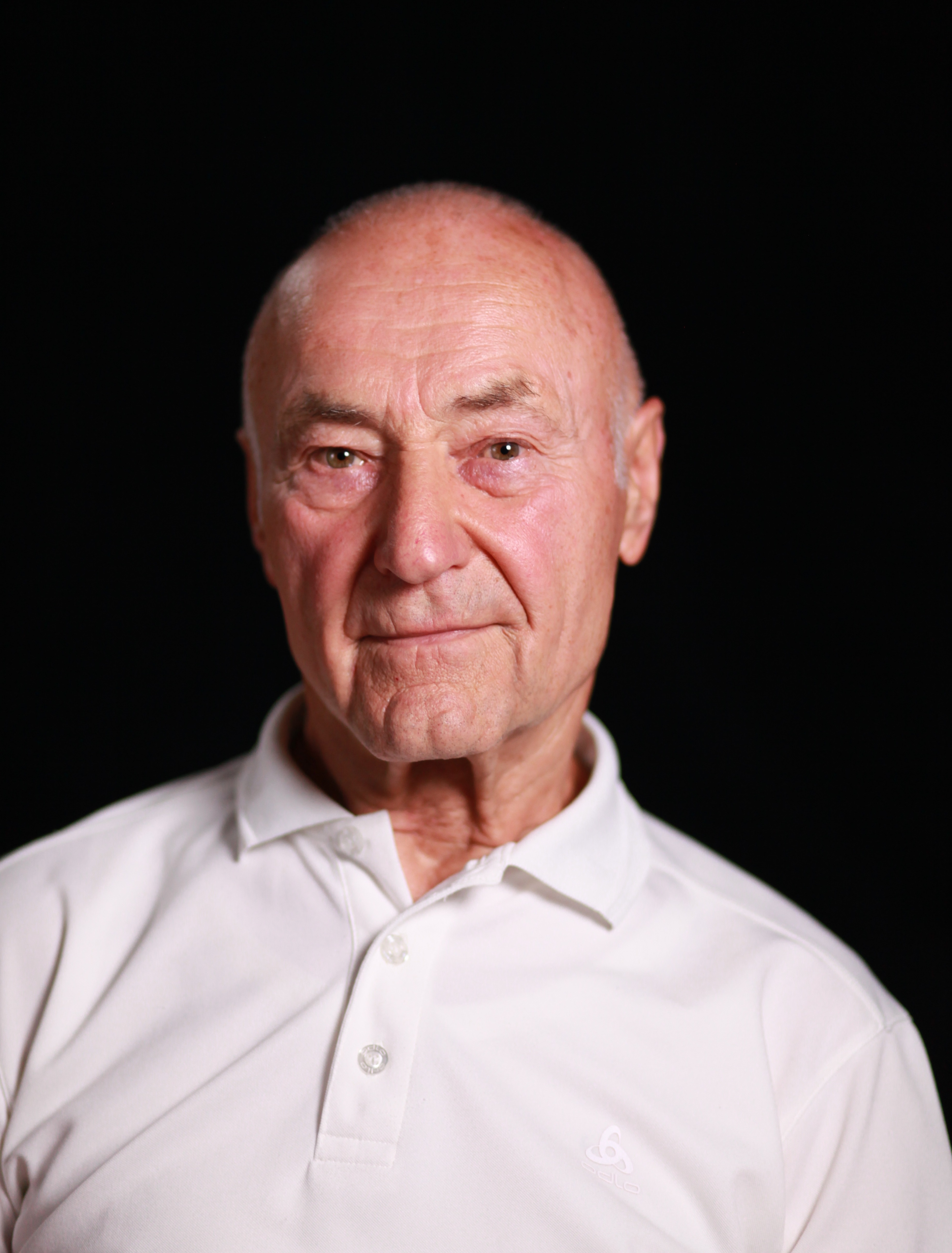
Download image
Hermann Walisch was born on 14 March 1941 in the Bavarian ducal town of Sulzbach-Rosenberg. His first memories of his childhood date back to the end of the war, when the town was shelled by the Americans. The Maxhütte ironworks, which was important for the German war industry, was located there. He attended primary school in his hometown. He later went on to study at the Gymnasium in Würzburg, where he spent four years. Although he aspired to become an engineer or architect, he did not finish school because of his family’s financial difficulties. At the age of 15, he returned home and apprenticed himself to the building trade. His next steps led him to serve in the German army. In Munich, he underwent an enlistment procedure to begin his military career at the age of 19 on 3 October 1960 with a motorized artillery battalion unit undergoing basic training in Amberg. He received further military training in Oberviechtach and Mittenwald. While serving in the army, he often met colleagues from the Border Guard who enticed him to join their ranks. He decided to join the Bavarian Border Police after 12 years in the army. He completed his training with the police and joined the office in Schönsee in November 1972. Service in the border area involved many pitfalls, including incidents of various types, such as illegal crossings by citizens from socialist countries or the crossing of grazing cattle. Border guarding can be seen as a less secure activity, yet Hermann Wallisch remained loyal to the border police until 31 March 2001, when he retired at the age of 60. To this day (2023), the witness has retained considerable activity. In addition to his numerous family duties, he volunteers at the Bavaria Bohemia Centre in Schönsee, where he is involved in the organisation of cultural, social and educational activities.
